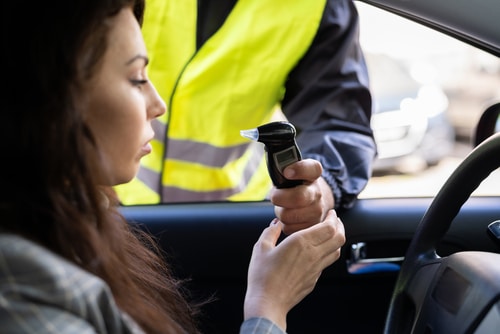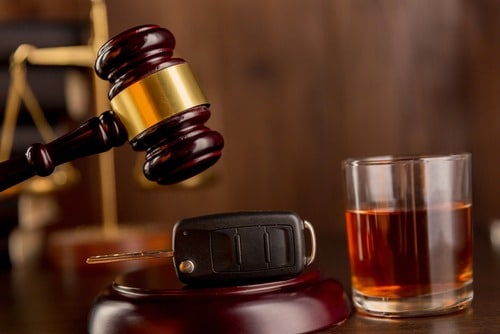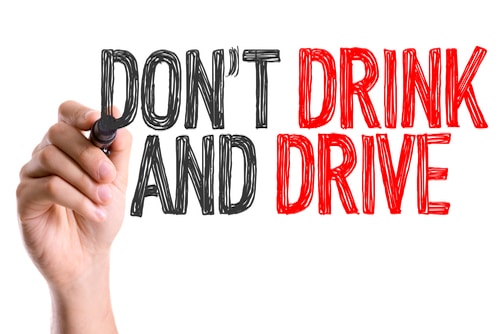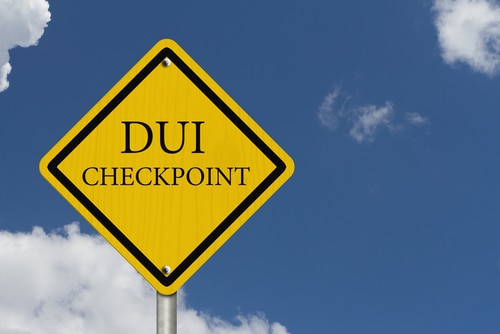
Fighting a DUI Involving Great Bodily Injury (or Death) in South Carolina
The penalties for driving under the influence (DUI) in South Carolina are severe. But, they are even more severe if you cause an accident while driving drunk. South Carolina’s DUI laws imposed enhanced penalties in cases involving “great bodily injury” or death—with a 25-year prison sentence on the table in some cases.
With this in mind, if you are facing a DUI charge involving a serious or fatal accident in South Carolina, you need to talk to a lawyer as soon as possible. This is true regardless of whether you were drunk behind the wheel. You need to fight your DUI charge by all means available; and, if you cannot avoid penalties entirely, you need to do everything you can to minimize the consequences of your arrest.
Understanding the Consequences of a DUI Accident in South Carolina
In South Carolina, a “standard” first-time DUI charge carries 48 hours to 30 days in jail (though it is possible to perform community service in lieu of jail time in many cases). However, if you are being charged with causing a serious or fatal accident while driving under the influence, the stakes in your case are much, much higher:
- DUI Resulting in Great Bodily Injury – In cases involving DUI accidents resulting in great bodily injury, the potential penalties include fines of up to $10,100 ($21,119.50 with assessments and surcharges) and 30 days to 15 years of imprisonment.
- DUI Resulting in Death – In cases involving DUI accidents resulting in death, the potential penalties include fines of up to $25,100 ($52,224.50 with assessments and surcharges) and one year to 25 years of imprisonment.
These are in addition to the other “standard” penalties and collateral consequences of a DUI conviction. Being convicted of a DUI involving a serious or fatal accident can truly impact the rest of your life. To avoid unnecessary consequences, you need to fight your DUI charge in court, and this starts with hiring an experienced defense lawyer to represent you.
Defending Against a DUI Charge Involving a Serious or Fatal Accident
While there are several potential ways to defend against a DUI charge involving a serious or fatal accident in South Carolina, determining the best defense strategy for your case requires a thorough investigation and a detailed understanding of the facts involved. With this in mind, some examples of defense strategies that might prove effective in your case include:
1. The Prosecution Can’t Prove that You Were Under the Influence
Regardless of the circumstances of your case, the prosecution has the burden of proving your guilt beyond a reasonable doubt. So, if the prosecution can’t prove that you were under the influence, this can serve as a complete defense to the charges against you.
There are various ways to challenge the prosecution’s evidence of driving under the influence. These include challenging the accuracy of your breath test results, challenging the reliability of your blood or urine test, and challenging the arresting officer’s interpretation of your performance on the field sobriety tests (FSTs)—among others.
Importantly, South Carolina’s DUI law allows for convictions based on evidence of a high blood alcohol concentration (BAC) or evidence of impairment. So, even if your BAC reading is unreliable, your lawyer may still need to challenge other evidence that you were too drunk to drive.
2. The Prosecution Can’t Prove that You Caused the Accident
Your defense lawyer may also be able to fight your DUI accident charge by challenging the prosecution’s evidence that you caused the accident. If you happened to be drunk when someone else hit you, you may be guilty of DUI, but you are not guilty of causing great bodily injury or death.
In non-fatal accident cases, it may also be possible to challenge the prosecution’s case by arguing that the accident did not result in “great bodily injury.” South Carolina law defines “great bodily injury” as an injury that, “creates a substantial risk of death or which causes serious, permanent disfigurement, or protracted loss of or impairment of the function of a bodily member or organ.”
3. The Prosecution’s Evidence is Inadmissible in Court
In addition to challenging the sufficiency of the prosecution’s evidence, your lawyer may also be able to fight your DUI accident charge by arguing that the prosecution’s evidence is inadmissible in court. Even if the prosecution’s evidence clearly shows that you are guilty, if the prosecution can’t use its evidence against you, you may still be able to avoid a conviction.
Several issues can render the prosecution’s evidence inadmissible in a DUI case. This includes everything from an unconstitutional arrest to improperly withholding exculpatory evidence prior to trial. Your defense lawyer can determine if you have grounds to challenge the admissibility of the prosecution’s evidence; and, if so, your lawyer can file a motion to keep the prosecution’s evidence out of court.
4. Raising Other Issues with the Prosecution of Your DUI Case
Along with evidentiary issues, various other issues can create problems for the prosecution as well. This includes everything from improper jury selection to judicial errors during trial. If you have any grounds to argue for a dismissal, mistrial, or acquittal, an experienced defense lawyer will be able to use this to your advantage.
5. Negotiating a Plea Deal that Minimizes the Consequences of Your Arrest
Finally, if you are at risk for a conviction and harsh sentencing at trial, you may still be able to minimize the consequences of your arrest by negotiating a plea deal. Negotiating a favorable plea deal requires a strategic approach; and, here too, it is critical to have an experienced defense lawyer on your side.
Discuss Your DUI Accident Case with a Defense Lawyer in Rock Hill, SC
If you are facing a DUI charge involving an accident that resulted in great bodily injury or death in South Carolina, we encourage you to contact us promptly for more information. To schedule a free initial consultation with an experienced defense lawyer in Rock Hill, SC, call 803-328-8822 or request an appointment online now.





